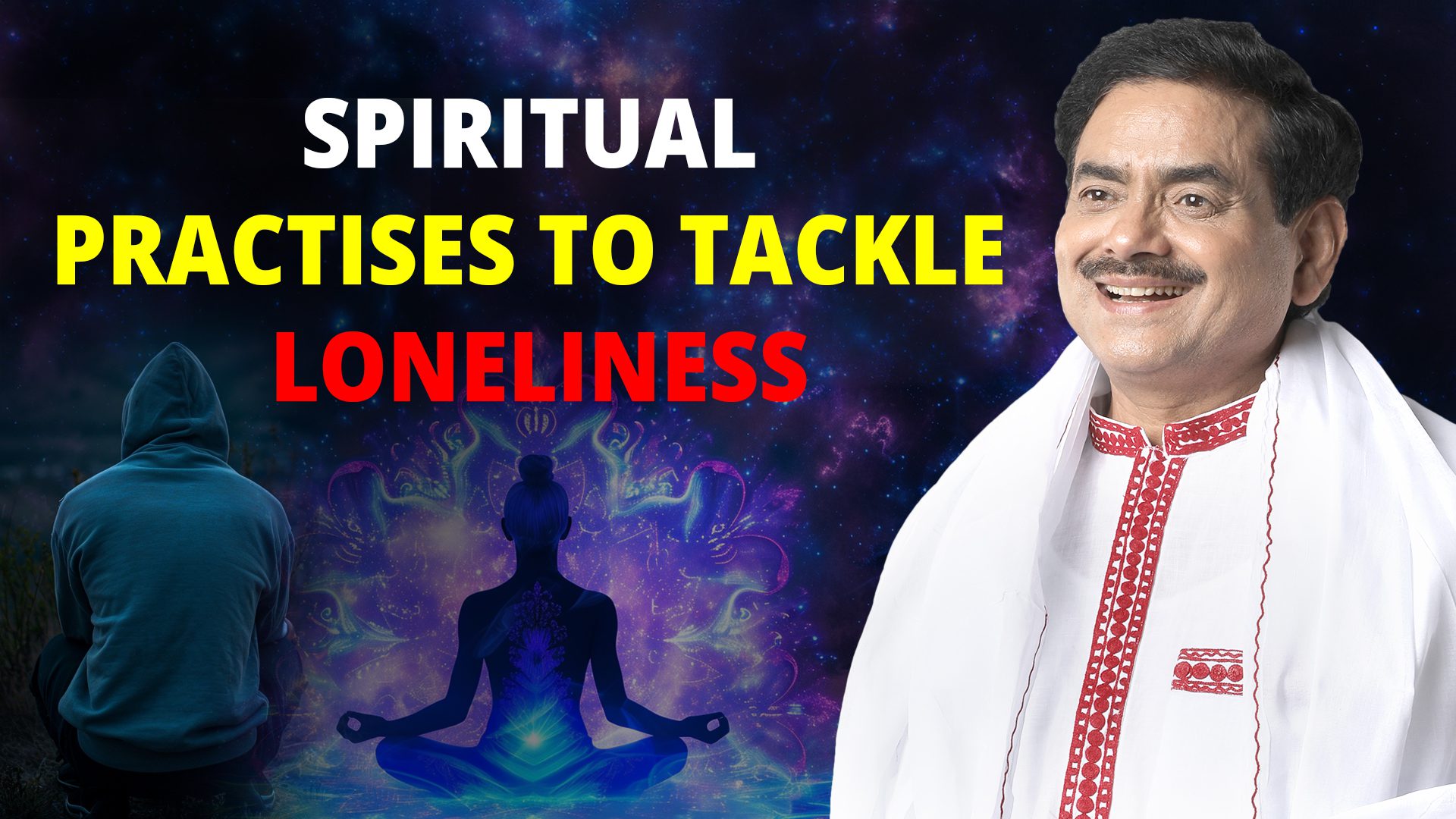
We all feel lonely at some point in our lives; it is a normal human experience. Loneliness can strike when we least expect it, often leaving us feeling isolated and disconnected from those around us. This emotional state can arise from various situations, such as moving to a new place, ending a relationship, or simply feeling misunderstood. Understanding why we feel lonely is the first step in tackling it. By recognizing the causes and exploring ways to reconnect, we can manage and overcome loneliness, fostering a sense of belonging and community. Let’s delve into why we experience loneliness and how to address it effectively.
What are the side effects of loneliness?
Feeling lonely manifests in various ways, both emotionally and physically. Some of the common symptoms that we see are persistent sadness, a sense of emptiness, and a lack of motivation or interest in activities once enjoyed. It is a misconception that feeling of loneliness is only limited to mental issues. It can also lead to physical symptoms like headaches, sleep disturbances, and weakened immunity. Over time, chronic loneliness may contribute to serious health issues such as depression, anxiety, and increased stress levels. It can negatively impact cognitive function, leading to difficulties with concentration and memory. Additionally, prolonged loneliness is associated with higher risks of cardiovascular disease and premature mortality. Understanding these symptoms and side effects is crucial in recognizing and addressing loneliness early to prevent its long-term impact.
Ways to tackle loneliness
- Meditation and Mindfulness
With so many studies, we have established this fact that meditation and mindfulness can help center the mind, fostering a sense of inner peace and connection to the present moment. This can alleviate feelings of loneliness by promoting self-awareness and reducing stress. Regular meditation practices cultivate a deeper understanding of oneself and one’s emotions, making it easier to manage feelings of loneliness or isolation.Mindfulness also helps in appreciating the small, often overlooked aspects of daily life, enhancing a sense of fulfillment and connection to the world around us.
- Prayer and Reflection
Engaging in prayer or reflective practices can provide a sense of comfort and companionship, offering a feeling of being connected to a higher power or the universe. These practices can be deeply soothing, creating a sanctuary of peace and solace within. Through prayer, individuals can express their fears, hopes, and gratitude, fostering a sense of being heard and supported. Reflective practices, such as journaling or contemplation, can help clarify thoughts and emotions, promoting emotional healing and a stronger sense of self. All this in turn helps us in tackling the feeling of loneliness.
- Acts of Service
Volunteering or helping others can shift focus from personal loneliness to the well-being of others, creating meaningful connections and a sense of purpose. Acts of service provide opportunities to interact with a diverse range of people, fostering social bonds and reducing feelings of isolation. Helping others can also lead to a greater sense of fulfillment and self-worth, as contributing to the community often brings a profound sense of joy and connection.
- Gratitude Practices
Keeping a gratitude journal or regularly expressing thanks can shift attention from feelings of lack to appreciation, fostering a positive outlook and reducing feelings of isolation. By focusing on the positive aspects of life, individuals can cultivate a mindset of abundance and satisfaction. This practice can help in recognizing and valuing the support and love already present in one’s life, thus mitigating feelings of loneliness. Gratitude can also enhance emotional resilience, making it easier to cope with challenges.
- Study
Reading spiritual books or engaging in study groups can provide insight and understanding, fostering a deeper connection to spiritual beliefs and a sense of being part of something larger than oneself. Such activities can stimulate intellectual growth and spiritual development, offering new perspectives and wisdom. Study groups, in particular, provide a platform for discussion and shared learning, creating a community of individuals with similar interests and beliefs, thus reducing feelings of isolation.
- Chanting and Singing
Participating in spiritual chanting or singing can create a sense of unity and elevate mood, making individuals feel more connected to others and to their spirituality. The rhythmic and melodic aspects of chanting and singing can have a calming effect on the mind and body. When done in a group, these activities can foster a strong sense of community and shared purpose, reinforcing social bonds and reducing loneliness. Singing and chanting can also be a powerful form of expression, allowing individuals to convey emotions and connect on a deeper level.
- Rituals and Ceremonies
Engaging in spiritual rituals or ceremonies, whether alone or with a community, can provide a structured way to feel connected to spiritual traditions and others who share those practices. Rituals offer a sense of continuity and belonging, linking individuals to their heritage and to others who practice similar traditions. Participating in ceremonies can also be deeply meaningful, creating moments of profound connection and shared experience. These practices can provide comfort and a sense of stability, helping individuals feel part of a larger, supportive community.
Feeling alone and believing you have few or no close friends is quite common. Overcoming loneliness takes time, but starting with small steps can make a big difference. Try to reframe negative thoughts, acknowledge your feelings, and reach out to others. Spending more time in social settings, like walking in the park or chatting with someone in line at the store, can help you feel more connected. A loved one’s cheerful social media posts might suggest they don’t miss you as much, but remember, social media can be misleading. Keep in touch with your friends and be kind!
